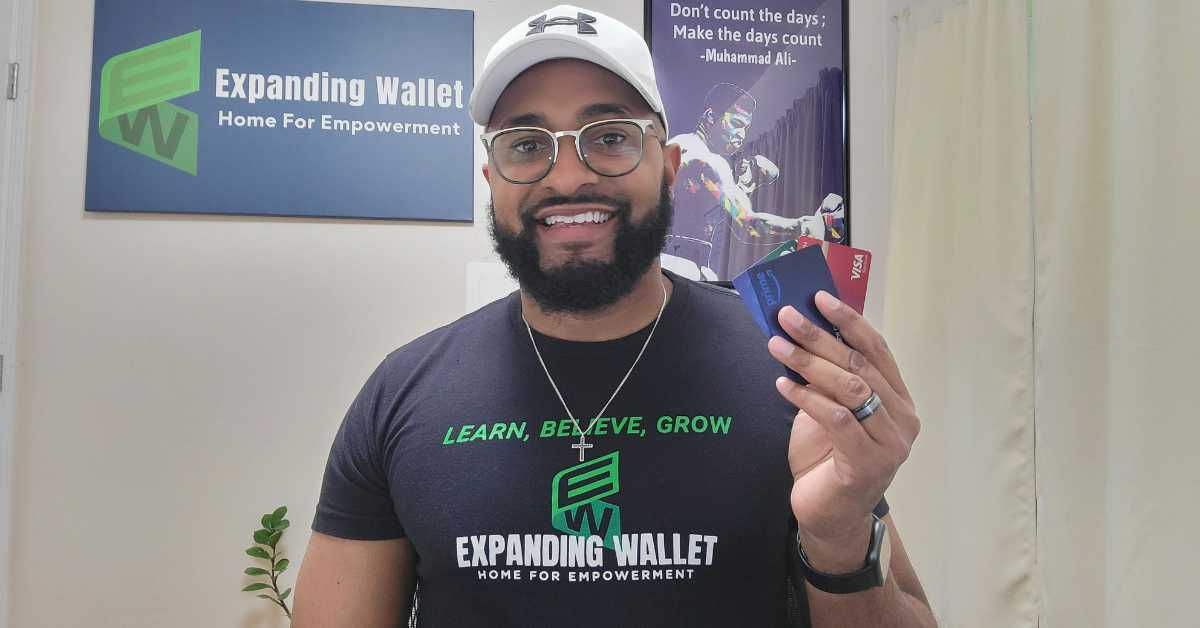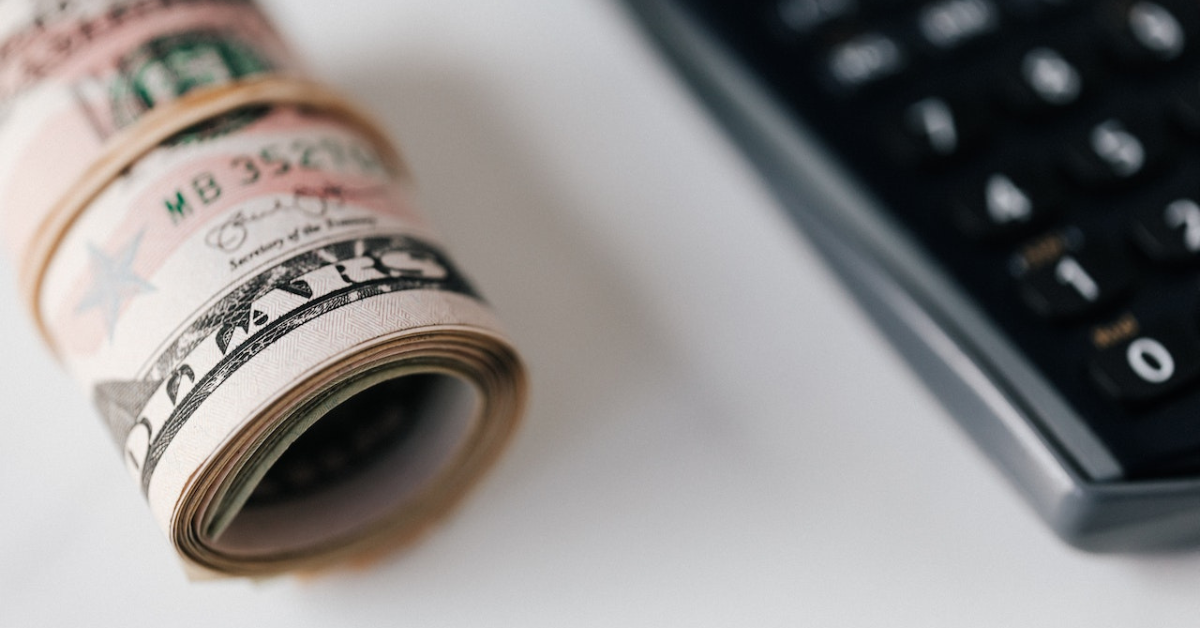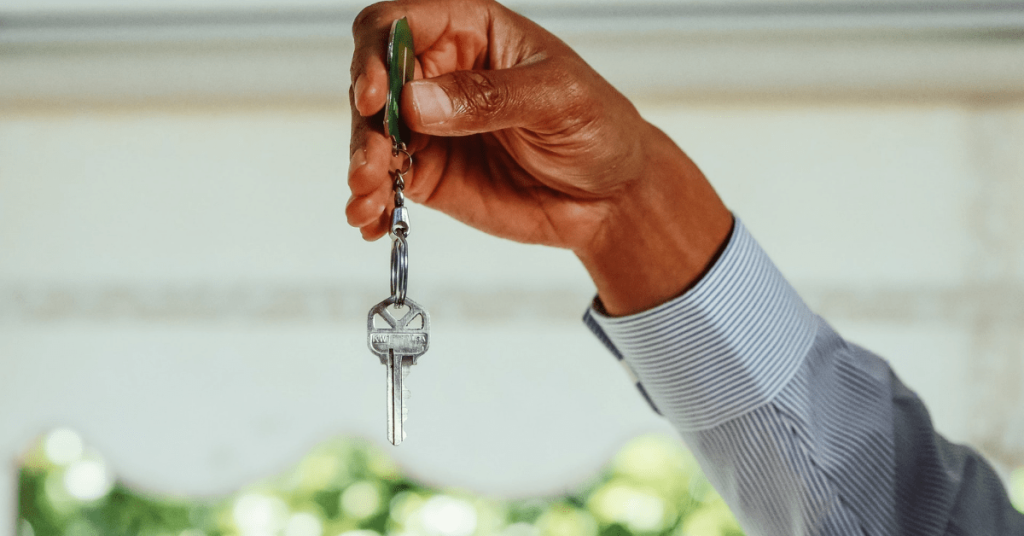
Have you been considering buying a house? As cliché, as it may sound, being a homeowner really, can bring about that incredible “king of the castle” feeling.
Don’t get me wrong. Renting is good for temporary living situations, especially if you’re someone who has to move a lot because of your job. Yet, this seems to be turning into an all too common approach for most young adults.
Why? According to a survey by Realty Mogul, 47 percent of people between the ages of 18 and 34 would prefer to travel or spend their money on an “experience” as opposed to buying a house.
While I’m all for living life to the fullest, I think they might be missing out on something. It’s important to remember that with renting when the lease is done, you have nothing to show for it. The same is not true about homeownership.
I bought my first property in my 20s and I’ve never looked back on that decision. Not only did it help give me a financial boost, but it gave me the mindset and confidence to do other great things as I matured.
In this post, I’ll share 7 awesome benefits to owning property in your early 20s and why you should consider homeownership.
This post may contain affiliate links. If you purchase a product or service from an affiliate link, we may receive a small commission. This supports our website and there is no additional charge to you. Thank you!
1. Every Payment Builds Equity
Financially speaking, the biggest difference between renting vs homeownership is something called “equity”.
With a mortgage, a portion of every payment goes towards paying down the principal balance. The lower the balance gets, the more “house” you effectively own. The portion of the house that belongs to you is called your equity.
This is important because when you go to sell the property someday, you’ll most likely earn all of this money back. For example:
- Let’s say you bought a house for $250,000 and borrowed $200,000 from the bank for the mortgage.
- After several years of making payments, your balance goes down to $150,000.
- Assuming you sell the house for exactly what you paid for it ($250,000), the proceeds would be used to pay off this $150,000 balance. In the end, you’d receive a check for the remaining $100,000 (i.e. your equity).
By contrast, when you end your lease at an apartment or other rental, there is no equity. Your contract is over and the landlord keeps 100 percent of the money you’ve paid them.
Equity contributes to your net worth, so by buying property sooner than a counterpart that waited your net worth could go up faster than theirs.
Equity Can be Borrowed
One of the great things about equity is that you don’t necessarily have to sell your house to tap into it. You can borrow against your equity using one of two methods:
- Home equity loan – Apply to borrow a lump sum amount that will be paid back over the next 5 to 10 years
- HELOC (home equity line of credit) – Access your equity in a way that is similar to how a credit card works
People borrow against their home equity all the time to pay for upgrades to the house or finance higher education. It can also be used for entrepreneurial opportunities like starting your own business or buying a second property to use as a rental.
There is a third way to access this equity and that is with a cash-out refinance on a property. This requires refinancing the home, meaning you get a new loan and pay off the balance of the old loan. People typically refinance to get a lower interest rate than their current rate on the property. With a cash-out refinance the new loan would actually include more money than what you owe on the old loan. The extra money would be paid to you.
How to Build Your Equity as Quickly as Possible
An easy way to accelerate your equity-building efforts is to opt for a 15-year mortgage instead of a 30-year. When you do this, you’ll put down 2 to 3 times more on the principal with each payment. On top of that, you’ll lower the amount of interest you’ll pay over the life of the loan by tens of thousands of dollars.
However, there is another way to build equity quickly with a 30-year mortgage. Since there is typically no penalty for paying extra, you could simply pay extra on a 30-year mortgage. The downside would be that you would have a higher interest rate with a 30-year mortgage. However, the benefit of this approach is that your monthly required payment would be lower than a 15-year mortgage. This would give you more flexibility in the event of an emergency and you need the extra money for the emergency rather than paying down the mortgage.
Later, we will highlight the impact paying extra can have on the time it takes to pay off a mortgage.
2. Profit Making Opportunity

Paying down your mortgage balance isn’t the only way to build equity in a property. If your house is in a good location and well maintained, then you can expect that it will appreciate in value over time.
By how much? The numbers are all over the map. But to give you some idea, a 2019 report from ATTOM Data Solutions showed that:
- Home sellers nationwide realized a home price gain of $65,500 on the typical sale, up from $58,100 last year and up from $50,027 two years ago.
- This represented a 34 percent return on investment compared to the original purchase price.
To illustrate how this works, take our example from earlier. Instead of selling your house for what you paid for it ($250,000), now let’s say someone offered you $280,000. Instead of receiving $100,000 in equity, you’d earn an extra $30,000 for a total of $130,000!
When it comes to home value, again, the most important aspects are the location of the house and keeping up on the maintenance. Periodic and practical updates to places like the kitchen, bathrooms, and landscaping can all help increase the asking price.
3. Helps Improve Your Credit Score
Some people think your FICO score is just based on how you use your credit cards. But your credit history can also include other types of debt such as mortgages.
In fact, the more diverse your loans are, the better. At least 10 percent of your credit score is based on the mix of credit types you have:
- Revolving debt
- Retail debt
- Installment loans
- Home loans
Therefore, just like paying down your credit card, having a mortgage and making regular on-time payments can give your score a boost.
4. Potential Tax Reduction
Did you know owning property could possibly lower your taxes? If you itemize the deductions on your federal tax return (instead of taking the standard deduction), then you can write off the interest you’ve paid for the year on your mortgage.
But the savings don’t stop there. Some other potential tax deductions include:
- Discount points – Points you paid to lower the interest rate on your mortgage
- Property taxes – Money you’ve paid to the state and local county
- Energy-efficient home improvements – Example: New windows, appliances, a furnace, etc.
- Home office – If you’re self-employed
For more opportunities or to see if you qualify, speak to a registered tax professional.
5. You Could Earn a Side Income
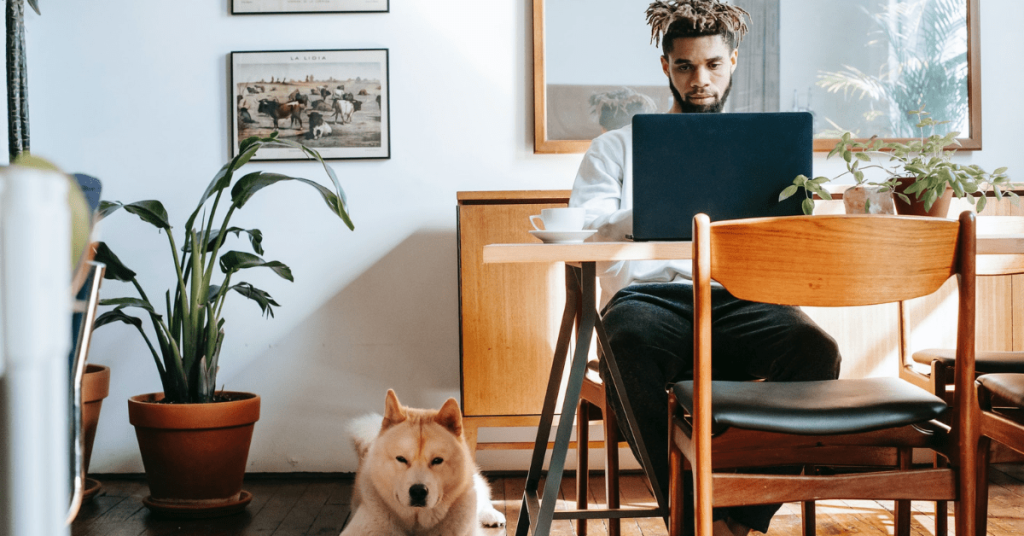
Most people don’t own their homes so that they can generate money from them. However, if you’re feeling a little entrepreneurial, then there are definitely some lucrative business opportunities.
Depending on the location and what other amenities are offered, you could ask for some serious dough. I know someone that used Airbnb to rent out one room, and they made over $6,000 in just one year. That alone covered 40 percent of their homeownership costs.
Renting Out Spare Rooms
Are you a single person living in a 3- or 4-bedroom house? Does all of that extra space go unused? If so, then you might consider renting out those rooms to tenants for 6 or 12-month leases.
If you’d prefer not to have tenants all the time, then you could also consider short-term options like Airbnb. I read a story about a guy in Florida who put an addition on his house for this very reason.
He was in a great location near the beach and knew it would be a money-maker for tourists. So he applied for HELOC and used his equity to add on a spare bedroom and bathroom. Not only is the money from these tourists basically paying for the addition, but he’ll also be able to sell the property for more someday.
Leasing Out the House
Do you travel often or does your house sit empty for a week per month? If so, then why not lease the whole thing. One guest per month through Airbnb could potentially cover the whole mortgage.
Future Rental Property
It’s highly unlikely that you’ll stay in your first house forever. According to data from the U.S. Census Bureau, the average U.S. resident moves around 11 times in their lifetime.
When you move on to your next home, there’s nothing that says you have to sell this one. If it’s in a desirable area, or the housing market is down, then hanging on to it and using it as a rental property could be a very intelligent option.
Rent Out A Unit Now with House Hacking
If you want to go with the approach I used to buy my first property at 24 years old, then consider what’s referred to as “house hacking”.
House hacking involves buying a multi-family unit, a property with 2-4 units, living in one unit, and renting out the others. This works well because you own a property and you are easing your way into being a landlord.
Additionally, if the numbers work, you might actually make a profit as soon as you buy the property!
However, if you don’t make a profit right away, it is not the end of the world because rent prices typically outpace other expenses on the property. Therefore, if the property is held long enough, you will probably start making a profit.
The key point with house hacking is that your housing expense, due to collecting rent, will probably be substantially less than someone who owns a single-family home or rents. This can make a huge impact on your financial future as the money you save could be invested.
To see the impact that starting a retirement account early can have on you, read Why You Should Start Your Retirement Account ASAP.
6. You’ll Learn Valuable Life Skills
Owning and maintaining your own property is a big responsibility. There’s a lot more that goes into it than what you may have experienced as a renter.
Financially, you’ve got bills to manage such as:
- The mortgage
- Taxes
- Utilities like gas, electric, water, sewer, trash, internet
- Insurance
However, you’re also accountable for so much more. When you own a home, you have to:
- Ensure the exterior is well maintained
- Handle any repairs. And if you can’t do them yourself, you have to find and hire a contractor who can.
- Upkeep the yard
- Make sure the property is safe
As a maturing adult in your 20s, this will be a growing experience. Not only will you come to develop confidence in yourself, but you’ll also develop a deeper pride in what you’ve accomplished.
7. Achieving Financial Freedom
I’m all about helping people to achieve financial independence. And the good news about homeownership is that this can be one of your tickets towards getting there.
How so? Consider the fact that once your mortgage is paid off, you’ll be rent/mortgage-free for the rest of your life!
That’s no small accomplishment. Imagine what your life would be like if you didn’t have to pay an extra $1,000+ per month? Or think about how much sooner you could potentially retire if your largest monthly expense (your mortgage) was now gone?
How to Pay Your Mortgage Off Early
In addition to using a 15-year mortgage, another strategy that works well is to make extra payments on the principal. This can be done by sending in additional money on top of your regular mortgage payment.
These extra payments can be any amount: $50, $500, etc. It doesn’t matter, and it doesn’t always have to be the same amount.
Example: Let’s say you’ve got a $200,000, 30-year conventional mortgage with a 3.5 percent fixed rate. You decide to pay an extra $100 on top of your mortgage. How would this help?
- You’d pay your loan off 4 years and 10 months early.
- You’d save $22,368 in interest.
You can try this for yourself using this free online calculator here.
Buying a Home is an Investment in You
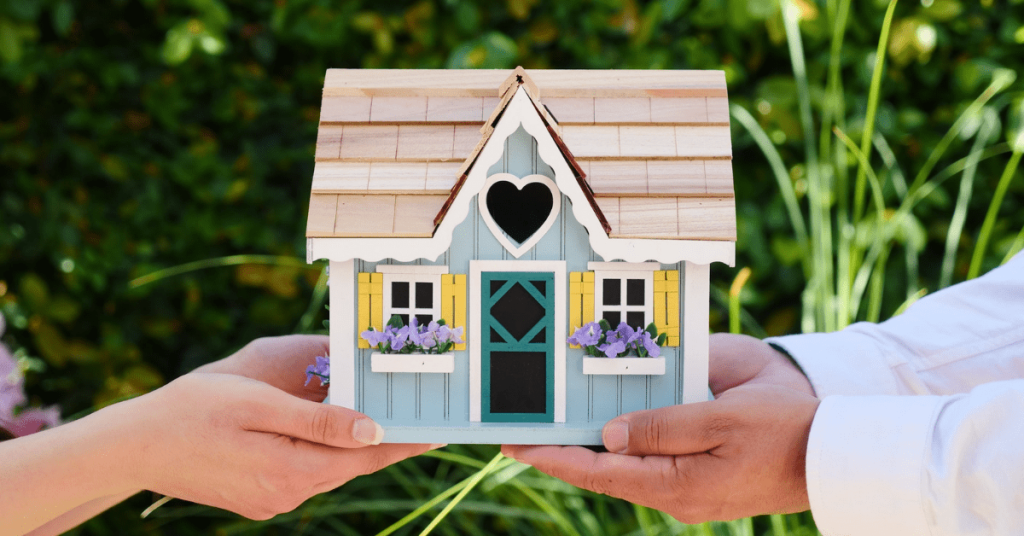
Young adults in their 20s have many good reasons to consider homeownership. Sometimes a job or temporary living arrangement will make homeownership seem impossible. But I believe that for the majority of young people, there are plenty of reasons to consider it.
From a financial perspective, building equity early and having the ability to collect cash from long- or short-term renters makes a lot of sense. When you also consider how managing your house can help you to mature as a person, this makes it even more compelling.
However, the downside is if your financial house is not in order rushing into homeownership can be a financial nightmare.
Unfortunately, since we are not taught about money in school, many people in their 20s and even 30s are just trying to figure out how to properly manage their money.
However, I’ve been working to put together a course that will solve that problem.
I’m currently finalizing my course, “Get Your Financial House in Order So You Can Buy Your Dream House,” which you can see the details and pre-order here.
The course will give you a system for managing your money, debt, and credit. This will dramatically reduce the time it takes you to become a homeowner. What you learn will change your life forever.
Reader: What are your thoughts on the article and on homeownership?
LEARN all that you can, BELIEVE in yourself, and take actions that allow you to GROW!
Get your FREE copy of the 5 Keys To Success Guide (click here).

